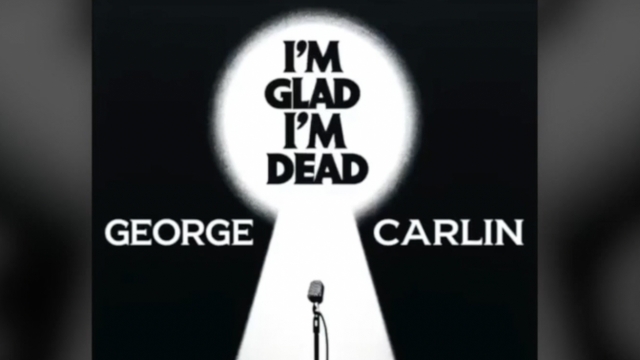Artificial intelligence is creating very real problems. Last week, AI-generated obscene photos of Taylor Swift flooded social media platforms like X. After Swift's fans launched a protest, X said it was working to remove the pictures — one of which had already been clicked 47 million times.
Even the president's press secretary Karine Jean-Pierre weighed in.
"This is very alarming. And so we're going to do what we can to deal with this issue," she said.
Last week the president himself was mimicked by AI, when a realistic-sounding but fake President Biden called voters and told them to stay home rather than vote in the New Hampshire primary.
"What a bunch of malarkey ... Your vote makes a difference in November, not next Tuesday," said the fake Biden in a recording obtained by CNN.
University of Washington computer scientist Oren Etzioni says the coming AI wave is more like a "tsunami of disinformation."
"Now we have the potential for disinformation terrorism, because the AI has made it so easy to create compelling deepfakes," said Etzioni.
Even more confusing is a new comedy special by comedian George Carlin, who died in 2008.
"Hello, my name is Dudesy, and I'm a comedy AI," announces a voice at the beginning of a now-private YouTube video.
Comedians Will Sasso and Chad Kultgen first billed the special as being created by an AI system that trained itself on Carlin's past performances.
A voice that sounds very similar to Carlin tells an equally fake audience, "Thank you. I'd like to start off with a heartfelt apology. I'm sorry it took me so long to come out with new material, but I do have a pretty good excuse: I was dead."
The comedians have been upfront in saying the special had no involvement from the late comedian. But Sasso and Kultgen are now defendants in a lawsuit that says the special is "a bastardization of Carlin's real work and his legacy."
Attorney Josh Schiller of the Los Angeles law firm Boies Schiller Flexner, LLP represents the Carlin estate.
"The ability to impersonate someone through their voice or their appearance is a great danger. And I think you'll see it addressed in court. I think you'll see it addressed in regulations," said Schiller.
Sasso and Kultgen's representatives did not return repeated messages to Scripps News, but are reportedly now claiming their George Carlin special was not created with AI.
A representative for Sasso told the New York Times that the special was actually written by Kultgen.
Congress is considering several new AI-related bills to deal with deepfakes, and Etzioni is optimistic technology will catch up with AI fakery. In the meantime he has some good advice: "Don't believe you're lying eyes. Don't believe your Facebook friend who forwarded to you. Check with bona fide media sources whether this is in fact true or not. Don't be a sucker."
SEE MORE: George Carlin estate sues over fake AI comedy special
Trending stories at Scrippsnews.com



